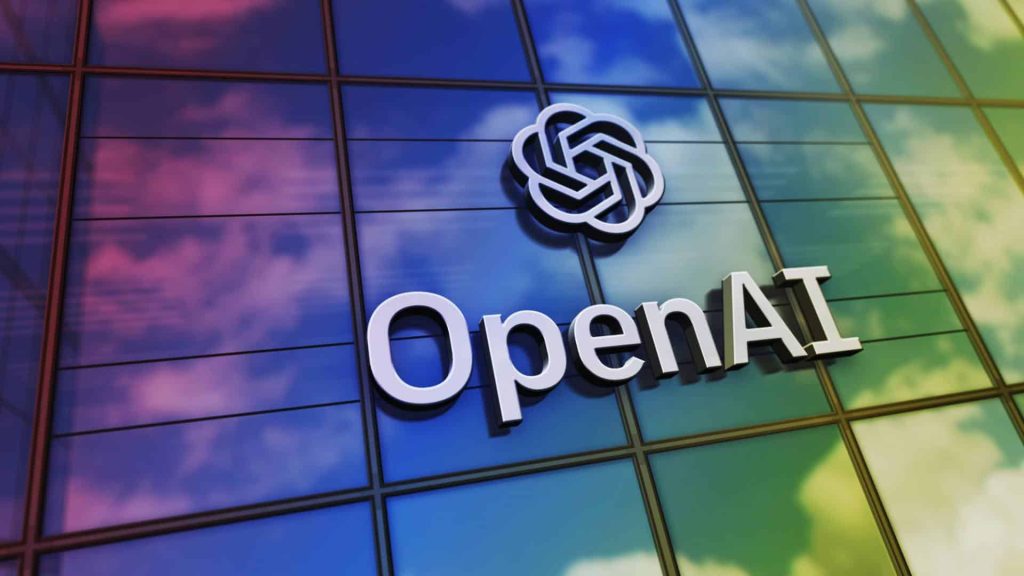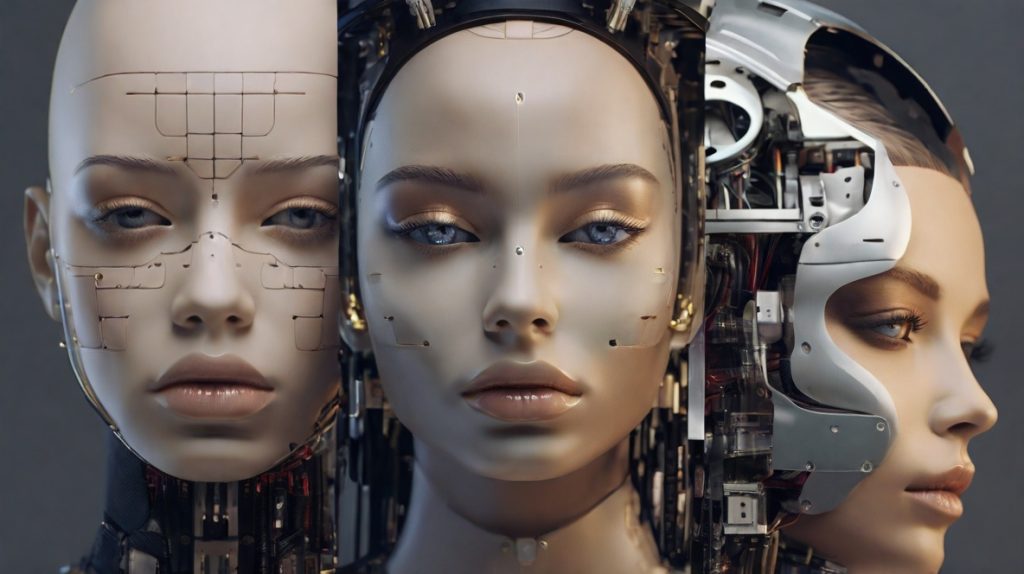The race to develop ever more powerful artificial intelligence systems is heating up, with OpenAI announcing that it has begun training its next frontier model – the highly anticipated successor to GPT-4. This new AI model is expected to push the boundaries of what is possible with generative AI, bringing us closer to the elusive goal of artificial general intelligence (AGI) that can match or even surpass human cognitive abilities across a wide range of tasks.
The San Francisco-based AI research company, which gained global recognition with its viral chatbot ChatGPT, has been at the forefront of the AI revolution. Their decision to start training the next generation of their flagship model signifies a major leap forward in their pursuit of AGI, a field that has long been the stuff of science fiction but is now rapidly becoming a reality.
OpenAI’s announcement comes amidst growing concerns about the potential risks and unintended consequences of advanced AI systems. In an effort to address these concerns, the company has established a Safety and Security Committee (SSC) to oversee the development and deployment of their new model. The committee, which includes OpenAI CEO Sam Altman, board members Bret Taylor, Adam D’Angelo, and Nicole Seligman, as well as a team of technical and policy experts, will be tasked with evaluating and developing processes and safeguards to mitigate potential risks associated with the new technology.

The formation of the SSC is a recognition of the unique challenges posed by AI systems that are rapidly approaching or even surpassing human-level capabilities. As these systems become more powerful and ubiquitous, the need for robust safety measures and ethical frameworks becomes increasingly paramount. The committee will play a crucial role in ensuring that OpenAI’s pursuit of AGI is tempered by a commitment to responsible development and deployment.
While the details of the new model remain shrouded in secrecy, OpenAI has hinted that it will represent a significant leap forward in terms of capabilities. The company expects the resulting systems to “bring us to the next level of capabilities on our path to AGI.” This tantalizing promise has sent ripples of excitement and trepidation through the AI community, as the prospect of a truly general artificial intelligence looms ever closer.
The development of AGI has long been a holy grail for AI researchers, representing a milestone that would fundamentally reshape our understanding of intelligence and our place in the universe. An AGI system would be capable of learning, reasoning, and problem-solving across a vast array of domains, potentially eclipsing human capabilities in many areas. Such a system could revolutionize fields as diverse as healthcare, scientific research, education, and even creative endeavors like art and literature.
However, the path to AGI is fraught with challenges and ethical quandaries. As AI systems become more powerful, the potential for unintended consequences and misuse increases exponentially. From the risk of autonomous weapons to the potential displacement of human workers, the societal implications of AGI are vast and complex.
OpenAI’s decision to establish the SSC is a recognition of these challenges and a commitment to navigating them responsibly. By bringing together experts from diverse fields, the committee aims to foster a robust discussion and develop comprehensive safeguards to ensure that the new model is developed and deployed with the utmost care and consideration for its potential impact.
The announcement has also reignited the debate around the nature and desirability of superintelligence – AI systems that are orders of magnitude more intelligent than humans. While OpenAI’s vice president of global affairs, Anna Makanju, has clarified that the company’s mission is to build AGI capable of human-level cognitive tasks, rather than superintelligence, the prospect of creating systems that far surpass human capabilities remains a source of both fascination and concern.
Critics argue that the pursuit of superintelligence is inherently risky and potentially catastrophic, as we may not be able to control or understand systems that are vastly more intelligent than ourselves. Proponents, on the other hand, suggest that superintelligence could be a key to solving humanity’s most pressing challenges, from curing diseases to addressing climate change and resource scarcity.
Regardless of one’s stance on the desirability of superintelligence, the fact remains that the development of AGI is likely to be a critical stepping stone on that path. As such, the work being undertaken by OpenAI and other AI research organizations takes on even greater significance, as they navigate the treacherous terrain of creating systems that could fundamentally alter the course of human civilization.
In the midst of this technological revolution, the formation of the SSC represents a commitment to responsible innovation and a recognition that the pursuit of AI supremacy must be tempered by ethical considerations and a deep understanding of the potential risks involved.

As OpenAI embarks on training its next frontier model, the world watches with bated breath, both awed by the potential of this technology and wary of its implications. The coming months and years will undoubtedly be a pivotal period in the history of AI, as we inch closer to the elusive goal of artificial general intelligence – a milestone that could forever alter our understanding of intelligence and our place in the universe.
Copyright©dhaka.ai
tags: Artificial Intelligence, Ai, Dhaka Ai, Ai In Bangladesh, Ai In Dhaka, Google, Claude, Future of AI, OpenAi



